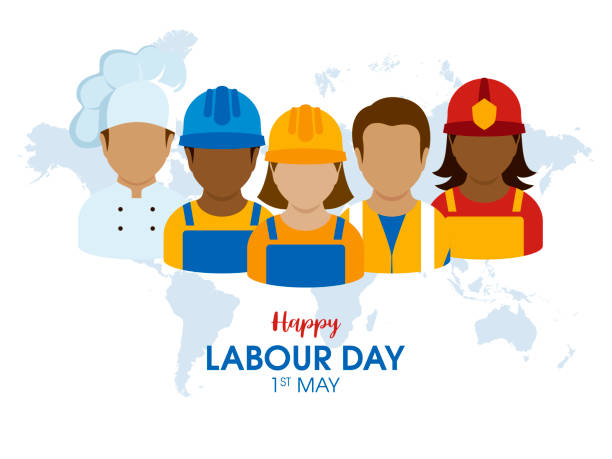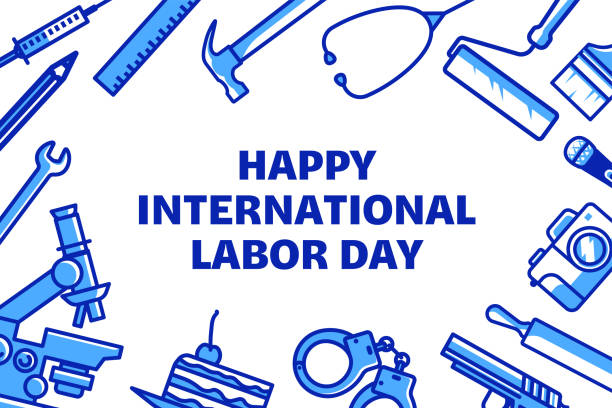
Labor Day, also known as May Day, is a day dedicated to celebrating the achievements and contributions of workers around the world. In 2023, this day is more relevant than ever before as the world continues to grapple with issues related to inclusivity and equity in the workplace. With the COVID-19 pandemic upending traditional working patterns and exacerbating existing inequalities, it is clear that the future of labor will be shaped by our ability to address these challenges.
The concepts of inclusivity and equity are crucial for ensuring that all workers are treated fairly and given equal opportunities to succeed. Inclusive workplaces are those that value diversity and promote a culture of respect and collaboration among all employees. Such workplaces recognize that people have different backgrounds, experiences, and perspectives, and that these differences can be leveraged to drive innovation and creativity.
Equity, on the other hand, is about ensuring that everyone has access to the same opportunities and resources, regardless of their background or circumstances. This includes equal pay for equal work, fair treatment in the workplace, and access to training and development opportunities. Achieving equity in the workplace is an essential step towards creating a more just and sustainable society, as it helps to reduce economic and social inequalities.
In recent years, there has been a growing recognition of the importance of inclusivity and equity in the workplace. Many organizations are now implementing diversity and inclusion policies and programs, and there is a greater awareness of the need for fair and equitable treatment of workers. However, there is still much work to be done, and Labor Day serves as a reminder of the ongoing struggles for workers’ rights and dignity.
One of the key challenges facing workers today is the rise of the gig economy, which has disrupted traditional employment models and created new forms of work that are often precarious and lacking in benefits and protections. While some workers may enjoy the flexibility and autonomy that these jobs offer, others are left struggling to make ends meet and are at risk of exploitation.
To address these challenges, it is essential to ensure that all workers, regardless of their employment status, are given the same basic rights and protections. This includes access to healthcare, retirement benefits, and paid time off, as well as the right to organize and collectively bargain for better wages and working conditions.
In addition to these challenges, there are also broader societal issues that impact the future of labor, such as climate change and the digital revolution. As we transition to a more sustainable and technology-driven economy, it is essential to ensure that workers are not left behind and that they have the skills and training necessary to succeed in the new economy.
In this decade, Labor Day remains an important day for workers around the world, as it serves as a reminder of the ongoing struggles for workers’ rights and dignity. Inclusivity and equity are essential for creating a more just and sustainable society, and they must be at the forefront of our efforts to shape the future of labor. By working together, we can build a more equitable and prosperous world for all workers.



Hi there! Someone in my Facebook group shared this website
with us so I came to look it over. I’m definitely
enjoying the information. I’m book-marking and will be tweeting
this to my followers! Fantastic blog and excellent design and style.
Thanks for appreciating, David! I would very much welcome any of your followers who may visit my site and find it worthwhile as well.